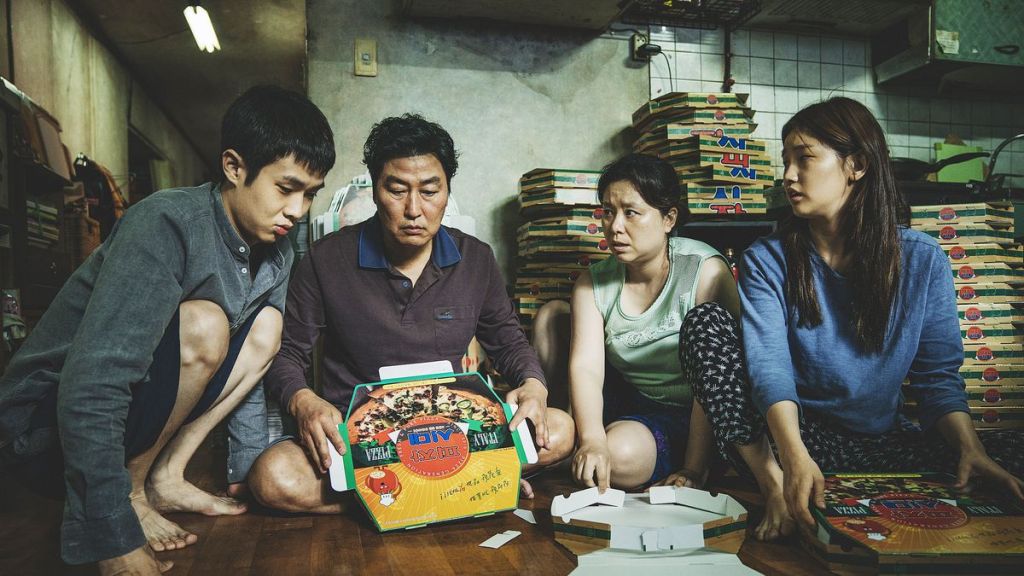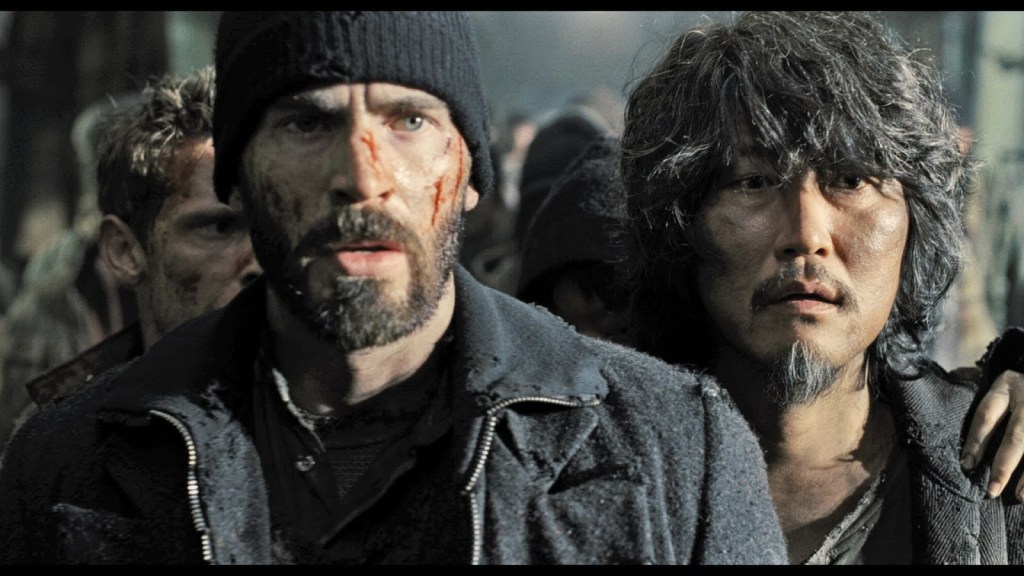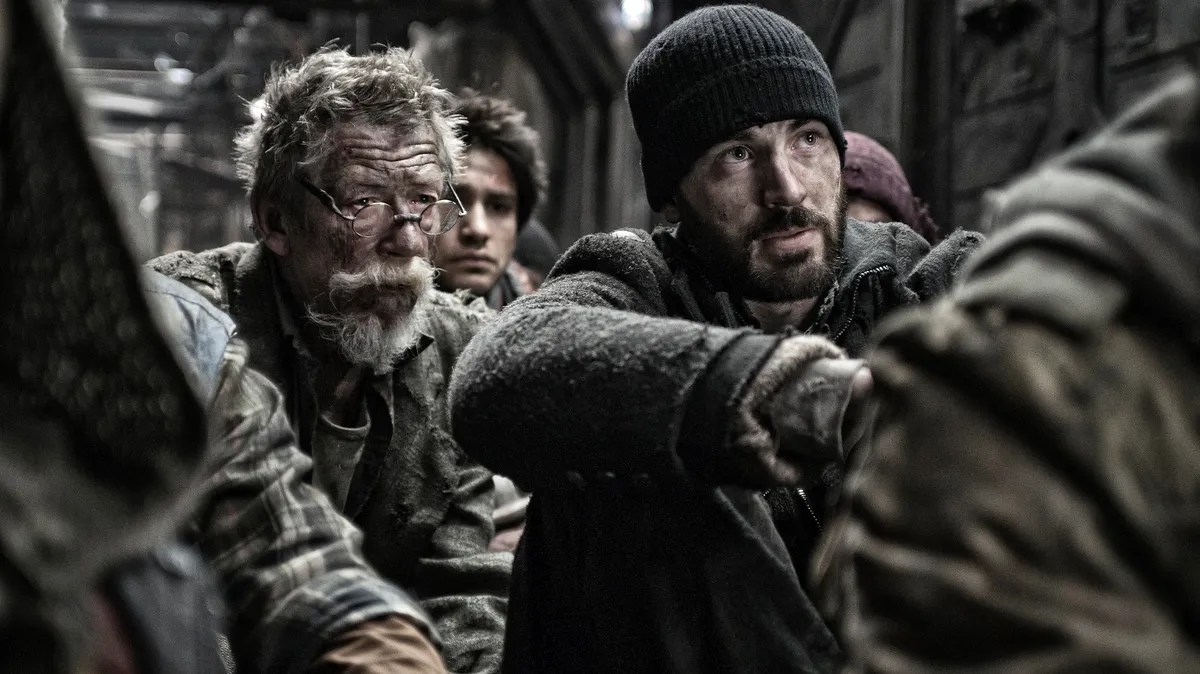Bong Joon-ho is a South Korean filmmaker known for his unique storytelling style and distinctive genre-blending films. Earning both critical acclaim and commercial success, he has been hailed as one of the most innovative directors of his generation. His global breakthrough, Parasite, won four Academy Awards, including Best Director and Best Picture, marking the first South Korean film to achieve such recognition.
Bong was initially drawn to film during his sociology studies at Yonsei University, where he co-founded a film club named Yellow Door. The themes he studied, particularly those related to social structures and disparities, have continued to permeate his work. His films often spotlight societal issues such as class disparity, depicted with nuanced complexity in Parasite and environmental conservation, as in Okja. Bong’s masterful ability to infuse serious societal critiques within gripping narratives sets him apart, allowing audiences to engage with critical issues while enjoying a compelling story.
Bong’s style is visually characterised by his dynamic camera use and striking composition. He employs a wide array of camera techniques to underscore the themes of his films, with dynamic tracking shots, unusual angles, and intimate close-ups. In Memories of Murder, for instance, Bong uses a meticulous combination of long shots and close-ups to build tension, playing with audience expectations. He also frequently uses visual symbolism, such as the contrasting architectures in Parasite, to enhance his exploration of societal issues.
“It’s fun for me to bury my political and social comments here and there in a film.”
Bong’s ability to seamlessly blend genres is a trademark of his filmmaking style. His films often resist categorisation, encompassing elements of drama, comedy, thriller, and horror. This unique approach was exemplified in The Host, where he combined elements of a monster film with family drama and social commentary. This genre-blending technique allows Bong to keep audiences on their toes while providing deeper insights into the themes he explores.
Internationally, Bong’s influence has been recognised by directors such as Quentin Tarantino, who listed The Host among his top films of the 21st century, have recognised Bong’s influence. Bong’s ability to intertwine social commentary with gripping storytelling has also found resonance with filmmakers like Jordan Peele and Rian Johnson. In South Korea, his success has sparked a surge in interest in Korean cinema, opening doors for other Korean filmmakers. His triumph at the Oscars with Parasite marked a milestone in film history, challenging Western dominance in the international film arena. With his unique blend of social critique, visual flair, and genre-defying narratives, Bong Joon-ho continues redefining filmmaking’s boundaries.

Bong Joon-ho (1969 –)
Calculated Films:
- Memories of Murder (2003)
- The Host (2006)
- Mother (2009)
- Snowpiercer (2013)
- Parasite (2019)
Similar Filmmakers
- Park Chan-wook
- Robert Zemeckis
- Ryoo Seung-wan
- Shohei Imamura
- Takeshi Kitano
- Yorgos Lanthimos



Bong Joon-ho’s Top Films Ranked
1. Memories of Murder (2003)
Genre: Thriller, Mystery, Police Procedural

2. Parasite (2019)
Genre: Drama, Black Comedy

3. Mother (2009)
Genre: Drama, Mystery, Family Drama

4. The Host (2006)
Genre: Monster, Drama, Black Comedy

5. Snowpiercer (2013)
Genre: Post-Apocalypse, Dystopian, Thriller, Sci-Fi

6. Okja (2017)
Genre: Adventure, Drama

7. Barking Dogs Never Bite (2000)
Genre: Black Comedy

Bong Joon-ho: Themes and Style
Themes:
- Social Class and Inequality: Bong’s films consistently delve into the intricacies of social class divisions and economic disparities. He critically examines and portrays the dynamics between different social classes, highlighting the struggle and conflict arising from economic inequality.
- Family Dynamics: Family is a central theme, often depicted as a complex, ambivalent unit that’s both supportive and restrictive. Families in his films are typically non-conventional, facing dire circumstances that test their bonds and loyalty to each other.
- Genre Hybridity: Bong seamlessly integrates elements from various genres, creating films that defy straightforward classification. His works often blend comedy, drama, thriller, and horror to construct narratives that are engaging and unpredictable.
- Environmental Concerns: Several films in his oeuvre reflect a deep concern for environmental issues, often presenting narratives where characters navigate a world marked by ecological crises.
- The Duality of Human Nature: His films explore the complexities and contradictions within human nature, illustrating how individuals can embody both virtue and vice and how these traits are often shaped by their social environment.
Styles:
- Visual Storytelling: Bong employs a visually-driven narrative style, using dynamic cinematography and meticulous composition to communicate story elements and character dynamics.
- Tonality Shifts: His films are known for unexpected shifts in tone, moving fluidly between humour and tragedy, lightness and darkness, to create a complex emotional texture that mirrors the unpredictability of real life.
- Symbolism: Symbolic elements are prevalent in Bong’s work, often utilised to enhance narrative depth and provide commentary on themes like social inequality and human behaviour.
- Memorable Set Pieces: Bong is acclaimed for crafting memorable, visually arresting set pieces that serve as both narrative and thematic focal points in his films.
Directorial Signature:
- Genre Subversion: Bong is renowned for subverting traditional genre conventions, creating films that are unique amalgamations of different styles and tones. This approach allows him to engage with serious, often tragic, themes while retaining a sense of accessibility and entertainment value.
- Social Commentary: Each of Bong’s films carries a strong undercurrent of social commentary, with narratives that reflect and critique contemporary societal structures and issues.
- Ensemble Cast: He frequently works with ensemble casts and develops characters that are deeply flawed yet empathetic, offering a nuanced exploration of humanity.
Bong Joon-ho: The 111th Greatest Director




